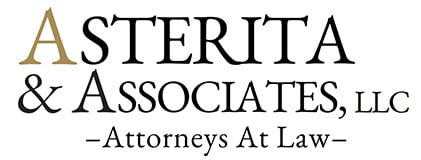An estate plan includes a will and other legal documents intended to protect your beneficiaries and property. There are important benefits to engaging in estate planning as soon as possible such as ensuring that beneficiaries have what they need and saving them the headaches of complex settlement issues once the time comes to divide assets.
Here are some important matters to consider for estate planning.
What are your assets?
A lot of people fail to take important assets into account when thinking about estate planning. This can create a lot of problems for loved ones once you are gone.
Some assets might not seem worth talking about or putting down on paper, but they can hold high emotional value so they should be considered just as much as higher-value property. For example, your kids could end up fighting bitterly over an old car you used to drive them around in or their grandmother’s silver.
Some tangible assets that should be on your list include homes and other real estate, vehicles, art, and antiques. Intangible assets can include bank accounts and intellectual property rights.
Who are your creditors?
Having a list of all your creditors is also important since they can lead to complications and problems for your beneficiaries. This will ensure that the estate executor is able to notify creditors to handle matters accordingly.
You will want to include personal loans, mortgages, home equity lines of credit (HELOCs) and any other debts big or small.
Who should administer your estate?
An executor must administer your estate, making sure that your wishes are complied with once it is time to do so. This must be a competent and responsible individual who will act impartially no matter his or her relation to the beneficiaries.
To ensure your estate plan takes into account all important matters necessary to protect your family and property, you might want to consider legal guidance.

